A long-awaited nod to justice
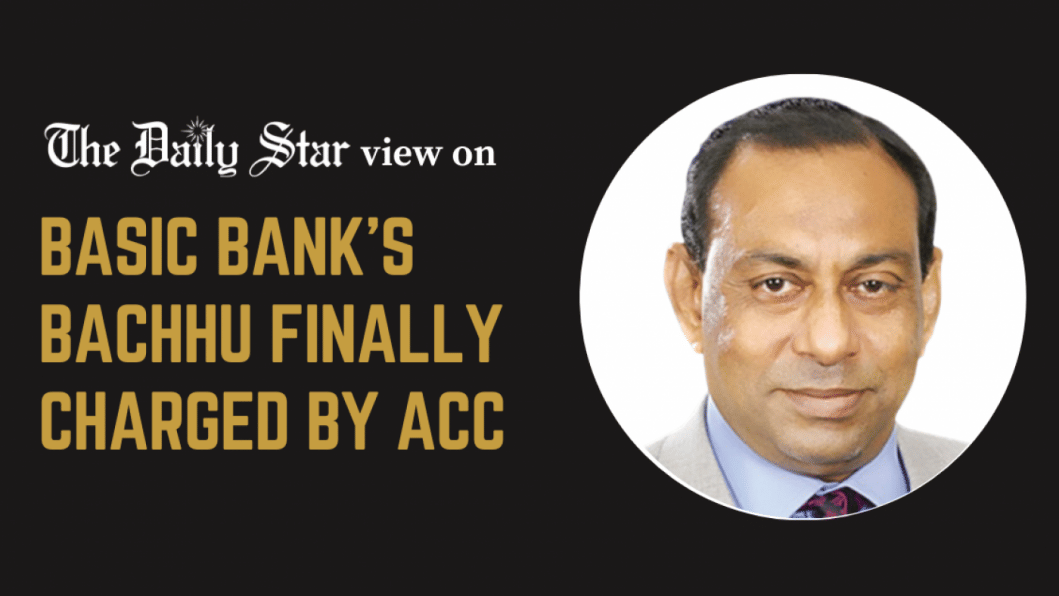
We are pleased that the Anti-Corruption Commission (ACC) has at long last approved the charge sheet against former Basic Bank Chairman Sheikh Abdul Hye Bacchu, along with 146 others, in connection with 59 cases filed over the embezzlement of Tk 2,265 crore from the state-owned bank. The ACC, however, needs to explain why it took eight years to approve the charge sheet or implicate Bacchu, whose complicity has been heavily speculated on by financial analysts.
According to its rules, the ACC must complete investigations into a case within 180 days. If it cannot complete necessary work by then, it may extend it. But there is no excuse to delay it for as long as it did. So, naturally, the question is: why did the ACC do so despite frequent urgings by anti-corruption campaigners, and even the High Court, given its being one of the biggest embezzlement cases in the country's history? Were the people involved being protected? If so, who were protecting them? That in itself would be a crime worthy of investigation.
Additionally, why weren't other board members of the bank implicated by the ACC? As one of the investigating officers has said, "Baachu with the help of the then managing director and company secretary created fake documents and sanctioned a loan while keeping the board in the dark." Earlier, however, the Bangladesh Bank said other board members were also involved. Clearly, there is a contradiction between the two findings.
Moreover, the ACC charge sheet, it bears repeating, has been filed over the embezzlement of Tk 2,265 crore. But between 2009 and 2013, Tk 4,500 crore was swindled out of the bank. Even if the remaining money was recovered, crimes were committed to swindle it in the first place. What has the ACC done about those involved in it? Again, the ACC owes us an explanation.
The way the entire case has been handled so far is extremely disappointing. It has been clear from the start that some highly connected people were involved in the scam, and that government agencies have been reluctant to punish them for their crimes. While some headway has finally been made through the approval of the charge sheet, the authorities now must ensure that the entire workings of the scam are made public, and all the people involved are brought to justice.

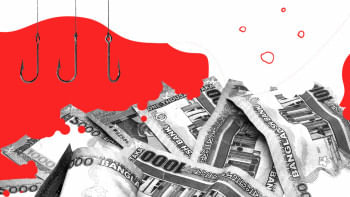
 For all latest news, follow The Daily Star's Google News channel.
For all latest news, follow The Daily Star's Google News channel. 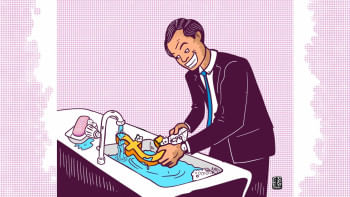
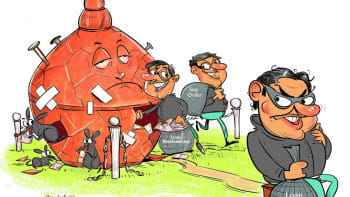



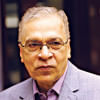
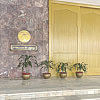
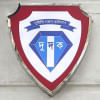




Comments